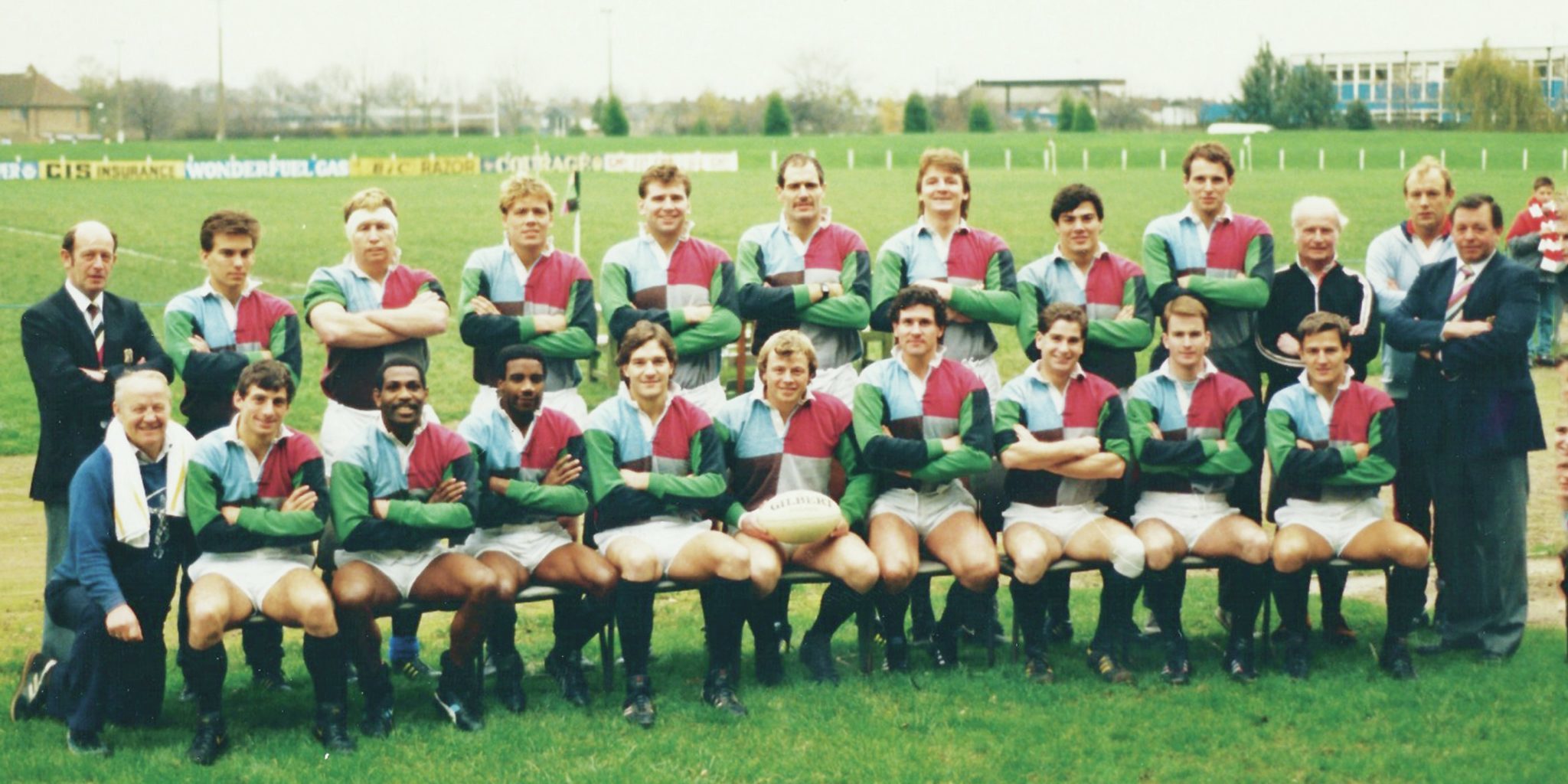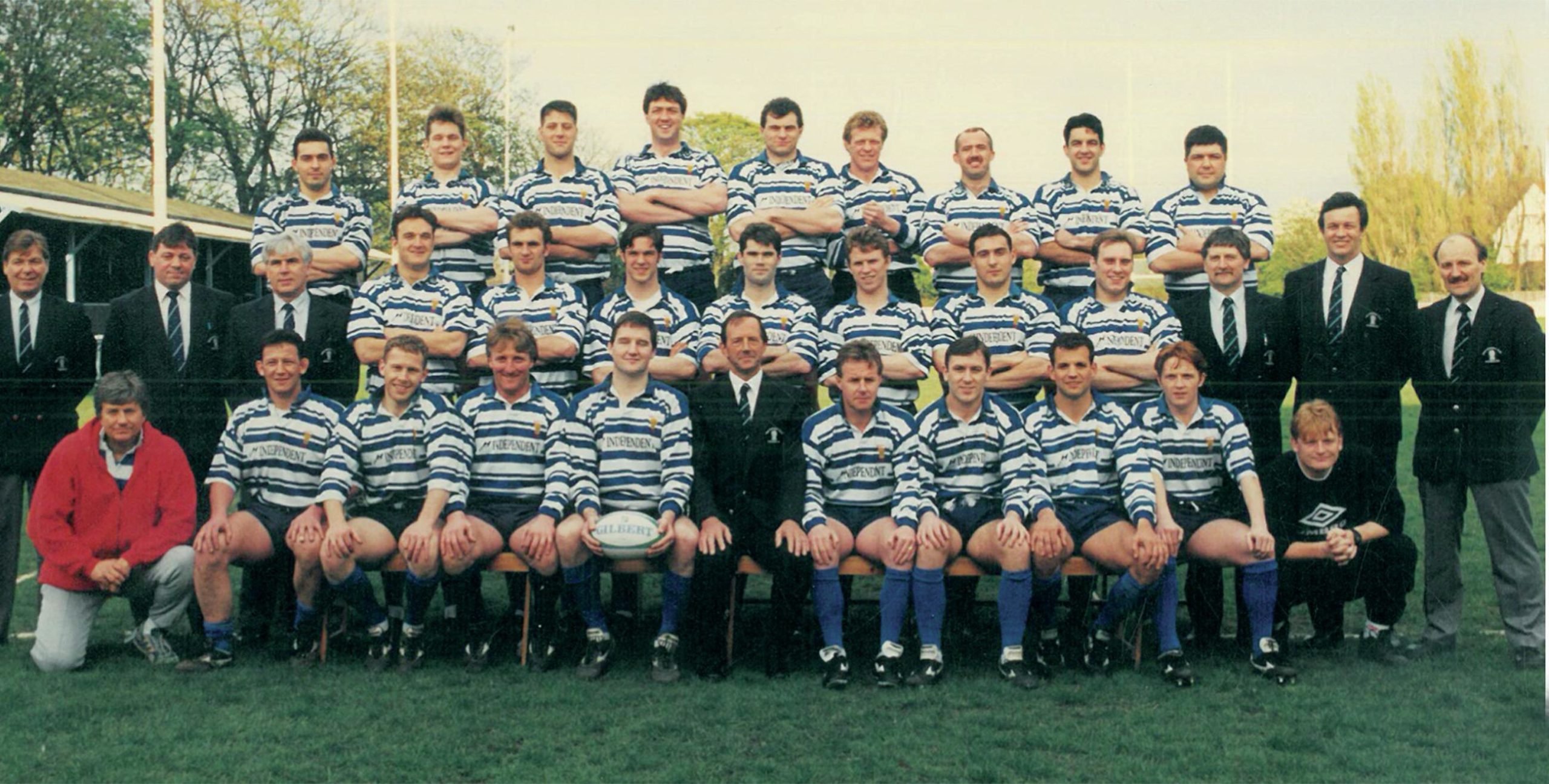Moment In Time
No stopping the Baa-Baas’ game
More in Moment In Time
-
Exeter’s back to back delight
MOMENT IN TIME: EXETER, NATIONAL LEAGUE 3 CHAMPIONS 1996-97 SPECIAL REPORT BY NEIL FISSLER Exeter...
-
Kids bring joy to Geordie land
MOMENT IN TIME NEWCASTLE FALCONS, 2001 TETLEY BITTER CUP WINNERS BY NEIL FISSLER IT...
-
Quins double up at Twickenham
Moment in time: Harlequins, 1988 John Player Cup and Middlesex Sevens winners BY NEIL...
-
Moment in Time: Psycho front row set platform for Sale’s return to top flight
Sale – Courage League 2 Champions 1993/94 Sale had been out of the top...




























